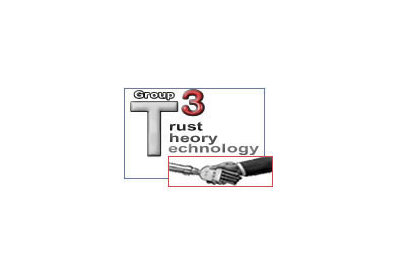Our studies start from a socio-cognitive point of view because we believe that is extremely important to understand in details how is the mind of a trusting agent: we need a cognitive architecture, built up by beliefs and goals, to consider trust with an appropriate degree of deepening. We try also to develop computational models of our research in order to test our theories by simulation with intelligent agents: an attempt in this perspective uses a Fuzzy Logic for analyzing how a beliefs architecture about trust could be understood and used by artificial agents.
The results of our research can be useful to understand complex social phenomena besides trust: with the growing interest in artificial environments and in human relationships within these environments, it is more and more important to understand how cooperation, reputation, economic exchanges and communication start, develop and perhaps end in domains like the Internet, HCI, CSCW, e-commerce, telemedicine and so on. Trust is a key factor in all these frameworks.


